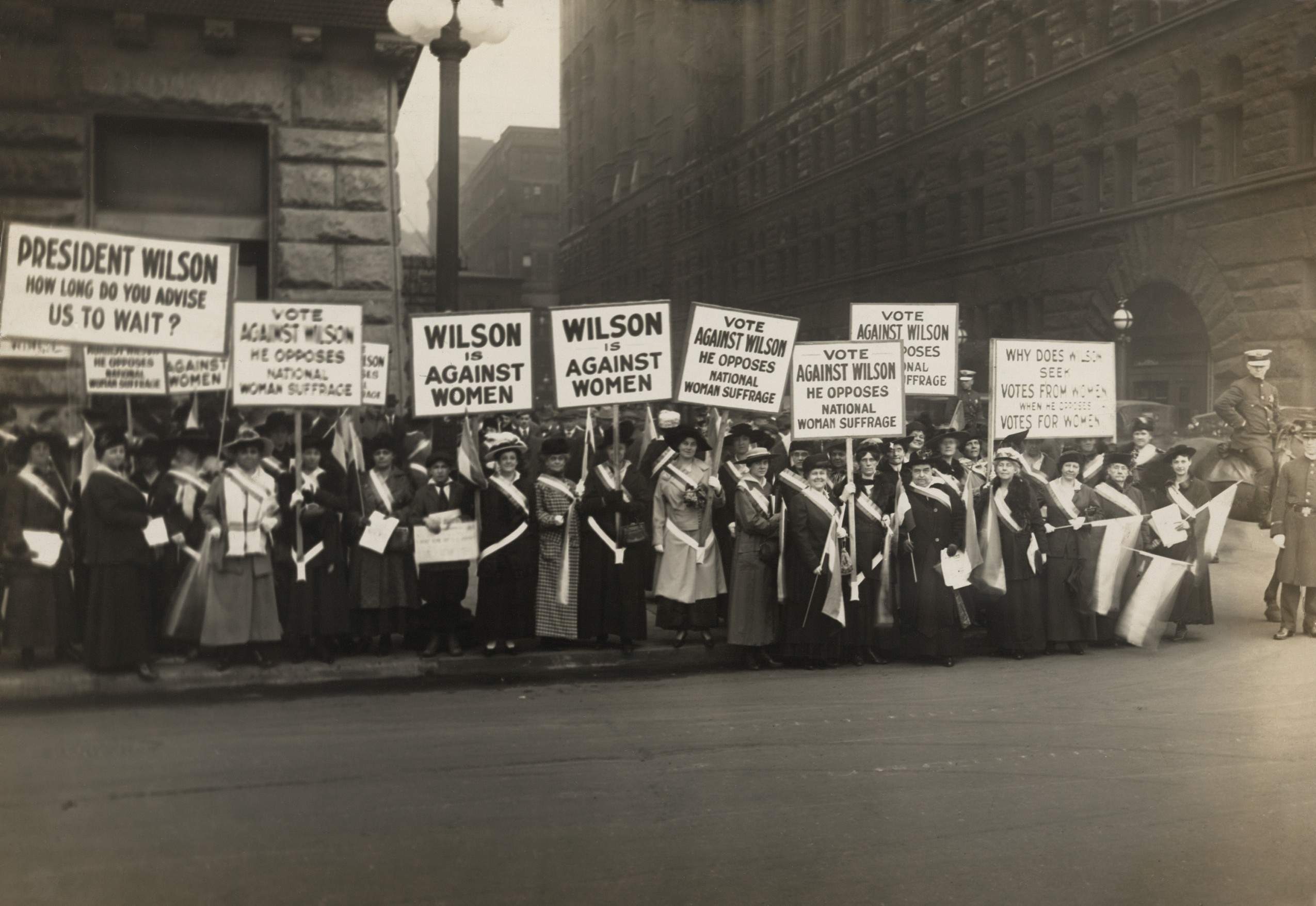
This February, the UK and Ireland will be celebrating the centenary of women’s suffrage.
The 1918 Representation of the People Act granted women over the age of 30 the right to vote, though full suffrage was not passed until 1928.
This sees the UK and Ireland lag behind places such as New Zealand and Australia, who granted full female voting rights in 1893 and 1902 respectively.
A timeline of momen’s suffrage: which countries introduced it first?
1893 – New Zealand |
||
1902 – Australia |
||
1906 – Finland |
||
1913 – Norway |
||
1915 – Denmark |
||
1917 – Canada |
||
1918 – Austria, Germany, Poland, Russia |
||
1920 – US |
||
1921 – Sweden |
||
1928- UK, Ireland |
||
1931- Spain |
||
1944 – France |
||
1945 – Italy |
||
1947 – Argentina, Japan, Mexico, Pakistan |
||
1949 – China |
||
1950- India |
||
1963 – Iran, Morocco |
||
1964 – Libya |
||
1971- Switzerland |
||
1974- Jordan |
||
1994 – South Africa |
||
2006 – United Arab Emirates |
||
2015 – Saudi Arabia |
Whilst the majority of countries have granted women the right to vote, the world of politics remains a male-dominated area. Places such as Kuwait, Morocco and Chad have never had a female head of state.
Others such as Qatar have no women in parliament, and countries such as Turkey, Lebanon and Jordan report only a small number of females occupying ministerial positions.
How well do you really know your competitors?
Access the most comprehensive Company Profiles on the market, powered by GlobalData. Save hours of research. Gain competitive edge.

Thank you!
Your download email will arrive shortly
Not ready to buy yet? Download a free sample
We are confident about the unique quality of our Company Profiles. However, we want you to make the most beneficial decision for your business, so we offer a free sample that you can download by submitting the below form
By GlobalDataEthnic divisions were often reflected in uneven voting rights. For instance Aboriginals in Asutralia did not gain suffrage until 1962, while Canadian First Nation men and women were not granted the vote until 1960. Similarly, in South Africa, white women were given the vote in 1930, though it took a further 64 years for black women to receive the same treatment.
On average women constitute only 23.5 percent of representatives in parliaments around the world, according to research from Ecard Shack.
Mexico takes the lead for gender equality in parliament — 42 percent of women hold seats. Mexico has a history of encouraging the participation of women in politics and has impressive rates of participation in the federal Congress. The law now requires gender parity.
The UK comes in at 5th place, with women holding 32 percent of seats in parliament and last year around 200 women were elected — a record high for the country.
The US lags behind in 13th place. In the US, women hold just over 19 percent of seats in parliament. Women’s representation in Congress has gone up over the past century, but the pace of change has been slow, especially compared with other G20 members.
Meanwhile, Japanese politics remains a man’s world as women hold the fewest seats in parliament compared to the rest of the G20 members, with just nine percent of seats.
Where can women still not vote?
One of the only places in the world where women still do not have the right to vote is the smallest country on Earth: the Vatican city.
But it is an unusual situation, as the Vatican City does not hold traditional elections. The head of state is of course the Pope, who is elected by the College of Cardinals of the Catholic Church.
Such a body is, and always has been, made up of men.
As women cannot become cardinals they do not have the legal right to vote in Vatican City’s elections.
While some argue its basis on theocracy makes it exempt to the same demands of gender equality, others say it is still wrong to support an ideology that limits women’s rights.






